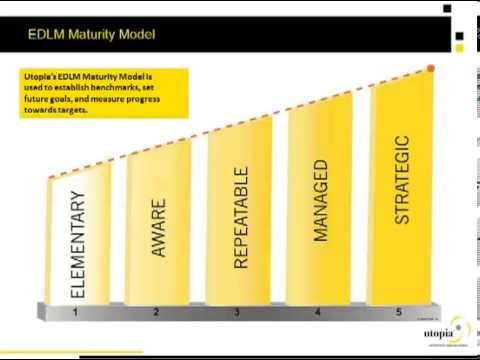For Hedge Funds Mastering Data Is Key To Success
Post on: 16 Март, 2015 No Comment

Nov 4 2014 | 9:45am ET
SPONSORED CONTENT
Data management is important to every business, but for hedge funds, it is critical. FINalternatives recently asked Peter Sanchez. CEO of Northern Trust Hedge Fund Services, how fund managers can deal with the demands of managing data while at the same time remain transparent and abide by operational best practices.
Peter, we hear that transparency, regulations and operational best practices are the big issues facing the hedge fund industry today. How can hedge fund managers get ahead of the challenges in these three different areas?
Although they seem different on the surface, successfully meeting a fund’s transparency, regulation and operational best practice needs ultimately boils down to one thing: data. Data is critical to providing both managers and investors the transparency they seek. It provides the information needed to fulfill the wide range of regulatory reporting requirements. And data is crucial for operational best practices within a fund, such as maintaining internal controls and reconciling the investment book of record (IBOR) to the accounting book of record (ABOR) and the related convergence of middle office services with traditional fund administration services.
What is the biggest challenge for investment managers when it comes to sorting, storing and utilizing data?
Hedge fund managers face several data-related demands: First, regulators are requiring more information through reporting requirements like AIFMD, Form PF and CPO-PQR. At the same time, investors are demanding more transparency around risk exposures and performance. Furthermore, capital structures are getting more diverse and many alternative investment managers today are managing assets in several different product wrappers – UCITS funds, 40 Act Funds, funds of funds, managed accounts – in addition to the traditional master feeder. Normalizing and aggregating data across all these different stakeholders can quickly become a major challenge.
How would a hedge fund manager get started aggregating the data it needs?
In a sense, all managers are aggregating today, but most of them are doing it outside of their normal processes. They’re taking data from different sources – administrators, primes, front office systems – and pulling it together themselves to get the data they need. This can quickly become time- and labor-intensive, and that’s why data management has become so integral to the fund and its middle office function.
Ten or 15 years ago, the ultimate deliverable from a data perspective was the net asset value (NAV) for fund accounting. Today, that has evolved considerably and funds are focused on creating a middle office investment book of record – a single representation of all of the manager’s holdings regardless of fund type – which can then be used to drive regulatory, investor and management reporting in a consistent, scalable way.
Because of this, I’d say the first step in terms of resolving the data aggregation issue is to have a refined capability of reconciling your investment book of record to your accounting book of record. That’s the best place to start normalizing your data across various sources.
And who usually does this? Is it still the middle office? Is it an outsourced middle office?
Fund managers can choose to use a data warehousing solution that is managed internally or to outsource their data aggregation.

A data warehouse solution takes various feeds from administrators, prime brokers, risk providers and trading systems, as well as information from portfolio management systems and portfolio accounting systems. The data warehouse aggregates the data, attempts to normalize it and finally reconciles it to the systems and data sources that feed it so that you have one source for data.
If you take on data warehousing as an investment manager, you have to invest in technology. You have to invest in a database. You have to invest in the ability to normalize data and aggregate it. And you have to invest in people and technology for the reconciliations. This makes data warehousing very expensive, and it requires a lot of upkeep internally.
The other alternative is to outsource data management to your administrator. Your administrator can help reconcile your investment book of record to other systems. Leading administrators also can aggregate and normalize data so that you have a single “source of truth” rather than having multiple data sets for each fund or capital structure. This gives you one source of data for regulatory reporting, investor reporting and accounting, and also ultimately for risk management, performance and compliance.
Is it always more cost-effective to outsource data aggregation to your administrator?
It depends on a number of variables, including the fund’s size and complexity. For smaller and medium sized funds, an outsourced solution is almost inherent. Number one, they don’t have the complexities a large manager has to contend with – multiple administrators, multiple fund structures, etc. – so there’s a limited amount of aggregation needed. If a fund manager is already outsourcing middle office functions and fund administration to an outside partner, then that partner should be in a great position to take on the role of data aggregator.
For larger, more complex funds, data warehousing may offer more flexibility than an outsourced solution can provide. Since the fund has ownership of the data, it may be able to access and analyze the data more quickly. But as we discussed earlier, the cost, time commitment and effort required to maintain an internal data warehouse are significant and may be cost prohibitive. As a result, even larger funds sometimes opt to outsource their data aggregation.
Peter Sanchez














